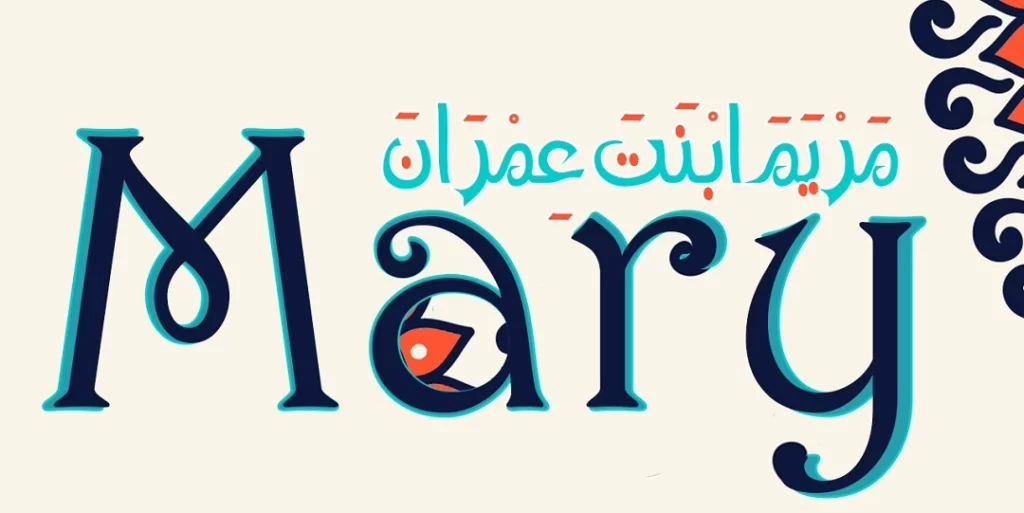An eye-opening, extremely beautiful example in the Quran of Maryam a.s the mother of Isa (Jesus)
Allah speaks about Maryam a.s in Surat-Tahreem, and brings the Surah to a close by saying, “وَكَانَتۡ مِنَ ٱلۡقَـٰنِتِينَ”. ‘Wa Kaanat minal Qaaniteen” Roughly translated, “She was from those who are devoutly obedient”
‘Qaanit’ however is someone who is willingly subservient, eager and enthusiastic to worship, someone who is humble and submissive, always looking forward to act on guidance. Somebody who prolongs their worship and gets pleasure out of obeying commandments zealously. This is what “Qaanit” means.
Now here’s the profound rhetorical nuance in the Quran,
The word “Qaanit” in the Aayah ends with the “eena” suffix. What you call an ending combination, the ‘eena’ ending.
This ‘eena’ suffix is a plural masculine combination, used usually only for men.
As Allah is talking about Maryam a.s, what you’d rather expect Allah to say was “Wa kaanat minal Qaanit-aat”
Yet Allah uses the masculine suffix, which actually could include both men and women, when there is a mix of men and women being referred to. This happens across many languages, where the masculine form is used for groups of both genders.
“Eena” ending is for Men and Women,
But when it’s “Aatin” it’s only Women.
So now, the amazing thing here that Allah has done is; For example,
A man is reading about Maryam a.s, and he thinks, my wife needs to hear this. My daughter could take a few lessons from the story of Maryam. Oh I need to share this story with my sister . . . and so on.
Whereas a woman, when she reads about Maryam a.s, she thinks to herself, “I’m going to read more about Maryam a.s because she’s going to be a role model for me. Maybe I’ll share it with my (female) friends too”
However, this is the important part. Remember which suffix-ending Allah used to describe Maryam? . . . The one that refers to women AND men.
Allah didn’t just make Maryam a role model for women, but for both men and women.
If I (being a man) want to be from those who are “Qaanit”, I also need to learn from Maryam too, even though I’m a male. Why? Because Allah included her as a role model for me too.
If Allah only wanted Maryam a.s to be a role model for women, he would have said, “Wa kaanat minal Qaanitaat”
But Allah did not want to limit her example to just women, and to be a role model to only women.
Her Faith, Her Reliance on Allah, Her Holding onto the Truth, Guarding her Chastity Etc.
All of the things that she did, are impeccable examples for men, just as much as it is for women.
And that is captured simply by how Allah ends the word.
Even the ending combinations add to our appreciation of the perfection and beauty of the word of Allah.
Which again, is lost in Translation. . .

